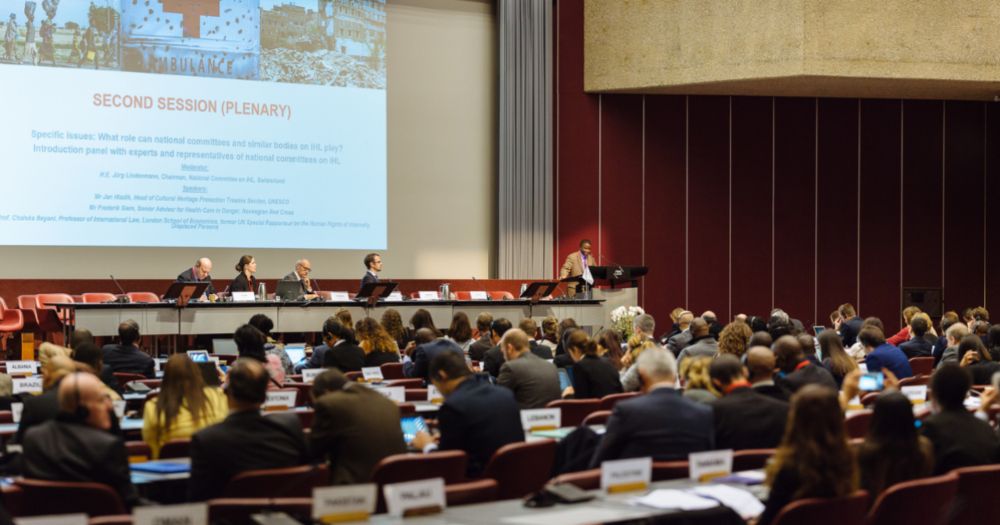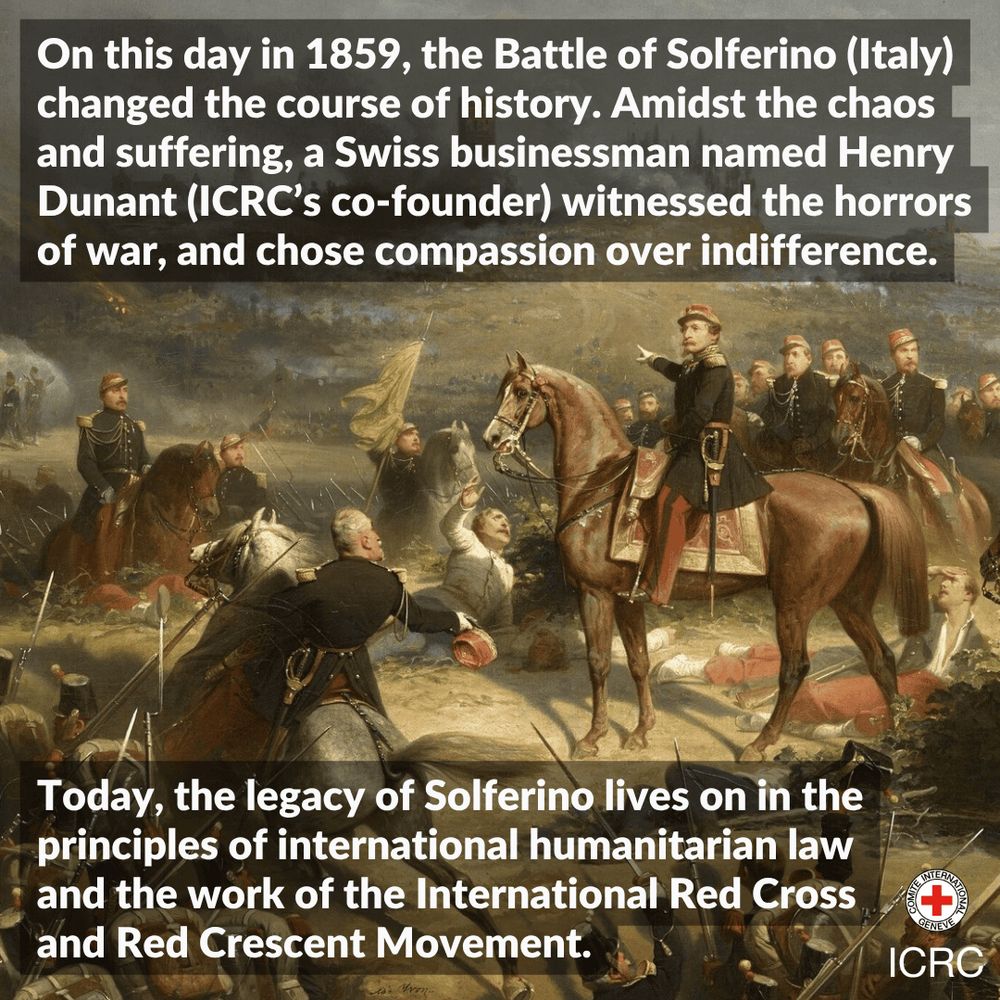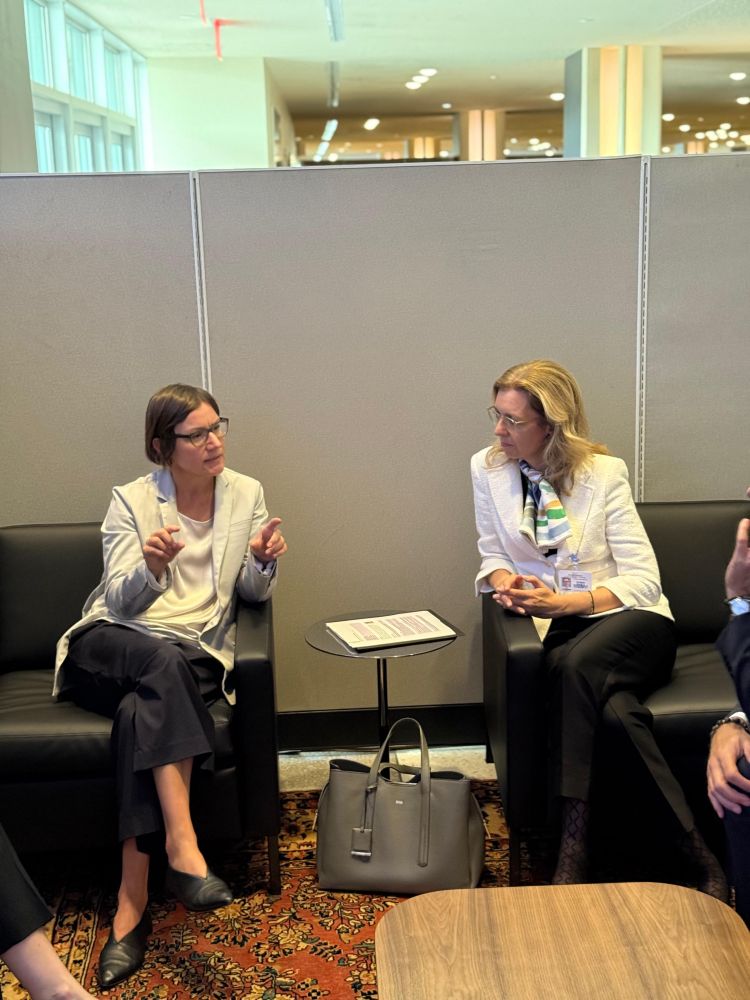World: Evaluation of the ICRC’s crisis management and response to the COVID-19 pandemic: Executive summary and management response to the recommendations, November 2023
Country: World
Source: International Committee of the Red Cross
Please refer to the attached file.
Executive Summary
Emerging from a focalized outbreak in the Western Pacific Region, COVID-19 rapidly proliferated worldwide and became a major pandemic between January and mid-March 2020. In Africa, the pandemic compounded the effects of conflict and other violence and climate change. Across North Africa and the Middle East, COVID-19 was another crisis on top of armed conflict, widespread shortcomings (or dysfunctions) in essential systems and economic decline. In Asia and the Pacific, it put people affected by armed conflict or other violence at further risk. In the Americas, COVID-19 amplified the needs of vulnerable populations. And in Europe and Central Asia, it represented one more threat to people affected by past or ongoing conflicts.
Movement restrictions and other measures to contain the pandemic disrupted livelihood activities and hampered access to essential goods and services, further aggravating the effects of active hostilities, the destruction of critical infrastructure and economic crises in several contexts. In response, the ICRC incorporated COVID-19 as an important parameter in its operations as a means of addressing the urgent and longer-term needs emerging from this global crisis for people already struggling with the consequences of armed hostilities.
In many of the places where the ICRC worked, the organisation quickly shifted its gears to help prevent or slow down the spread of infection and mitigate other consequences arising from the pandemic. The ICRC focused its response in relevant contexts where it had a distinct role or expertise: hospitals and clinics overwhelmed with increased medical needs due to violence and COVID-19; places of detention, which were often overcrowded and ill-equipped to deal with disease outbreaks; and hard-to-reach areas where other aid organisations were unable to operate.
The ICRC stepped up efforts to help people meet their basic needs with dignity, sustain their means of earning a living and ensure the continued provision of basic services. These activities were critical to helping them build their resilience to the multiple shocks caused by conflict and COVID-19. As an essential element of its response, the ICRC engaged proactively and widely with key diplomatic stakeholders to influence evolving global, regional and national policies and interventions.
The ICRC carried out activities in line with national efforts to contain the virus, working in the spirit of Movement Cooperation with members of the International Red Cross and Red Crescent (RCRC) Movement, as well as in coordination and cooperation with authorities and other actors, including United Nations agencies. With National RCRC Societies, the ICRC worked in partnerships and provided them with various forms of support to bolster their capacities to respond to the pandemic safely and effectively. It adapted its planned activities according to the evolution of the situation and the extent of the needs in each context, recalibrating the scale of its assistance and protection and its working methods as necessary.
Where appropriate, the ICRC engaged in dialogue with the relevant local authorities on several aspects to protect the most vulnerable. The ICRC made efforts to ensure that the most vulnerable groups were included in States’ contingency plans and also had access to vaccines.
The ICRC also engaged in dialogue with authorities to advise on the responsible use of force in the framework of containment measures, lock-down and movement restrictions. Following the suspension of family visits to detainees, the ICRC supported the authorities to ensure that detainees continued to have their basic needs covered while providing technical guidance to authorities to prevent COVID-19 from entering detention facilities.
For the ICRC, primarily due to the measures taken by States in response to the public health crisis, rather than the disease itself, the pandemic represented an unprecedented challenge that affected the organisation’s functioning and capacity to respond both internally and externally. National COVID-19 measures, closure of airspace, absence of transportation, and its potential or real impact on staff health, all had a significant effect.
Operationally, the crisis threatened the ICRC’s ability to engage in activities based on direct engagement with authorities and people affected by conflict and violence. Both ICRC Geneva HQ and its field operations were heavily impacted. Working remotely or from home became the norm in many locations, facilitated or limited by access to and performance of Information and Communications Technology capacities. This switching to remote working at HQ and across many sites was a clear indicator of ICRC’s ability to adapt rapidly to a changing environment. Staff had to quickly adapt to physical distancing and hygiene measures. On-site presence in communities was either severely limited or cancelled altogether, which heavily impacted training, development, and many planned activities across the organisation.
In regard to Do No Harm, the ICRC was required to ensure not only the Duty of Care for its staff, but also to ensure that staff or National Society volunteers who were delivering humanitarian assistance did not transmit COVID-19 to confined settings. Multiple factors including staff and family members being affected by COVID-19, separation from family for extended periods, ad hoc working environments that were not fit-for-purpose, and overall uncertainty as to the evolving crisis, its scope and duration, created persistent stress and anxiety.
Disruption and delays affecting the ICRC’s supply chain and deployment/rotation of staff, much of which was beyond institutional control (e.g. shipping container shortages, national government/authority restrictions on issuing entry visas and importing goods), greatly impacted on work and contributed to stressing ICRC’s systems and processes. Nonetheless, many delegations demonstrated creativity in overcoming supply chain issues related to critical equipment and supplies (e.g. medicines/medical and personal protective equipment etc.) by accessing local markets, aided by a high level of HQ logistics flexibility. However, travel and/or lockdown restrictions severely hampered the ICRC’s ability to ensure sufficient human resources were made available to delegations, resulting in a need for HQ to create/adapt numerous policies to respond to the fast-changing COVID-19 environment.
The purpose of this evaluation was to establish key lessons that can be learnt from the ICRC’s COVID-19 Crisis response and how, building on these, the organisation can increase its resilience and preparedness, in particular for pandemics and epidemics. The evaluation scope covered the period from March 2020 until the deactivation of the crisis operating mode in March 2022. The evaluation looked at the COVID-19 crisis response at HQ as well as at operational level in the field through lenses of Crisis Management, Operational Response, and Organisational Resilience. The evaluation objectives were as follows:
Crisis Management: Establish the adequacy of the ICRC’s organisation and Crisis Management Framework to address crises, notably institutional crises and parallel crises.
Operational Response: Establish the adequacy of the ICRC’s contribution to the global response to COVID-19.
Organisational Resilience: Establish the adequacy of the ICRC’s organisation and setup to ensure key processes are well-defined and resilient to also ensure delivery in crisis operating mode.
The evaluation was conducted between June and December 2022. A total of forty-two (42) structured/semi-structured interviews were conducted with a range of ICRC HQ/field level staff members and external partners (18 female, 24 male). An online survey was used to elicit field-based perspectives on the response to the crisis from fifteen (15) ICRC delegations - 3 from each region.
The evaluation established that from a crisis management perspective, the initial framing of the response through the strategic orientations: Duty of Care, Operational/Business Continuity, Operational Response, Policy and Humanitarian Diplomacy, and Monitoring and Forecasting was well strategized. However, going through an institutional crisis of a global scope challenged the Crisis Management Framework.
The evaluation finds that a review of the Crisis Management Framework would build a better basis for the management of all types of crises. In future, the ICRC should increase its preparedness for crisis management in relation to anticipation of even ‘black swan’ events while simultaneously increasing individual and collective crisis management skills. While activation of the crisis mode based on set criteria functions well, termination needs to be more closely linked to achievement of crisis response objectives, thus allowing for the crisis mode to remain the exception and for only as long as needed.
Further, the leadership of a crisis would benefit from embedding the Crisis Management Framework more solidly at the senior organisational level. The backbone of management in crisis is a strict respect for the roles and responsibilities of each of the entities involved. The relevance of the three-tier model would increase if: the Crisis Committee effectively limited itself to defining strategic orientations and coordinating organisational support for the crisis response; the Crisis Team defined crisis response objectives; and Crisis Cells were given their own room to manoeuvre. Operational orientations will then become redundant. Leading with action points (as is current practice) rather than with response objectives carries the risk for the Crisis Team to lose focus on the essential elements. Objectives that are measurable will effectively indicate the point for crisis management termination.
Standardised and practised processes and procedures should be established for creating situational awareness and decision making. Crisis Team composition should be limited but with decision-making authority. Highly competent crisis management staff will more aptly define focused response objectives that will shorten the crisis mode duration, and, ultimately, reduce the impact on the wellbeing of individuals that work in parallel on their normal job and in a crisis management function. The ICRC goes into crisis mode when risk treatment measures do not take hold on preventing occurrence of a risk event and/or mitigating its impact. Strengthening risk management with foresight capabilities and business continuity preparations will reduce the number of crises that need to be managed.
From an operational response perspective, analysis of the ICRC’s global response to the COVID-19 pandemic revealed a highly relevant and necessary operation, aligned to institutional priorities and filling critical response gaps in contexts where no other actors were able to engage. The relevance and value of ICRC’s support and ‘last mile’ efforts in reaching populations that experienced a disproportionate impact of COVID-19 ensured a response that other public health bodies could not meet.
The ICRC’s operational involvement in COVID-19 vaccination, particularly in supporting global supply and last mile delivery was significant, relevant and highly regarded. Considerable evidence exists to indicate the extent to which ICRC supported National RCRC Societies across the regions to respond to the pandemic. For example, working with National Societies to support national vaccination campaigns and facilitate access to the COVID-19 vaccine for those in difficult-to-reach, vulnerable and marginalised populations, thus supporting efforts of local communities and authorities to respond to COVID-19 and other vulnerabilities. The ICRC worked with RCRC partners around the world to support COVID-19 vaccination in armed conflicts as well as hard-to-reach and volatile areas to ensure that no one was left behind. In 2021 alone, the ICRC helped to administer more than 21 million doses of COVID-19 vaccines in areas impacted by armed conflict.
While the scope of ICRC’s response varied from region to region and in direct correlation to the pandemic’s impact, the integrity of the ICRC and the continuity of its operations were ensured during the crisis. However, there were missed opportunities to leverage organisational capacity to deliver a more multidisciplinary/transversal response to better serve affected populations and thus deliver more strongly on the organisation’s mandate.
Regarding the ICRC’s organisational resilience setup to ensure that key processes were welldefined and resilient to also ensure delivery in crisis operating mode, this is a nascent process but one on which there are strong foundations to build. During the COVID-19 crisis the ICRC demonstrated that it was resilient and agile enough to adapt and not lose sight of business continuity. There is, however, considerable work to be done to ensure an organisation-wide and collective understanding of organisational resilience; bringing the organisational resilience concept to fruition in its fullest scope together with crisis management, risk management, and business continuity; and guaranteeing an ongoing and permanent resilience initiative. This will require a clear strategy, a commitment to long-term resourcing, and a change in organisational operating culture; all of which should be viewed as positive and key to positioning the ICRC as a more effective and efficient responder to future crises in times of change and uncertainty.



















